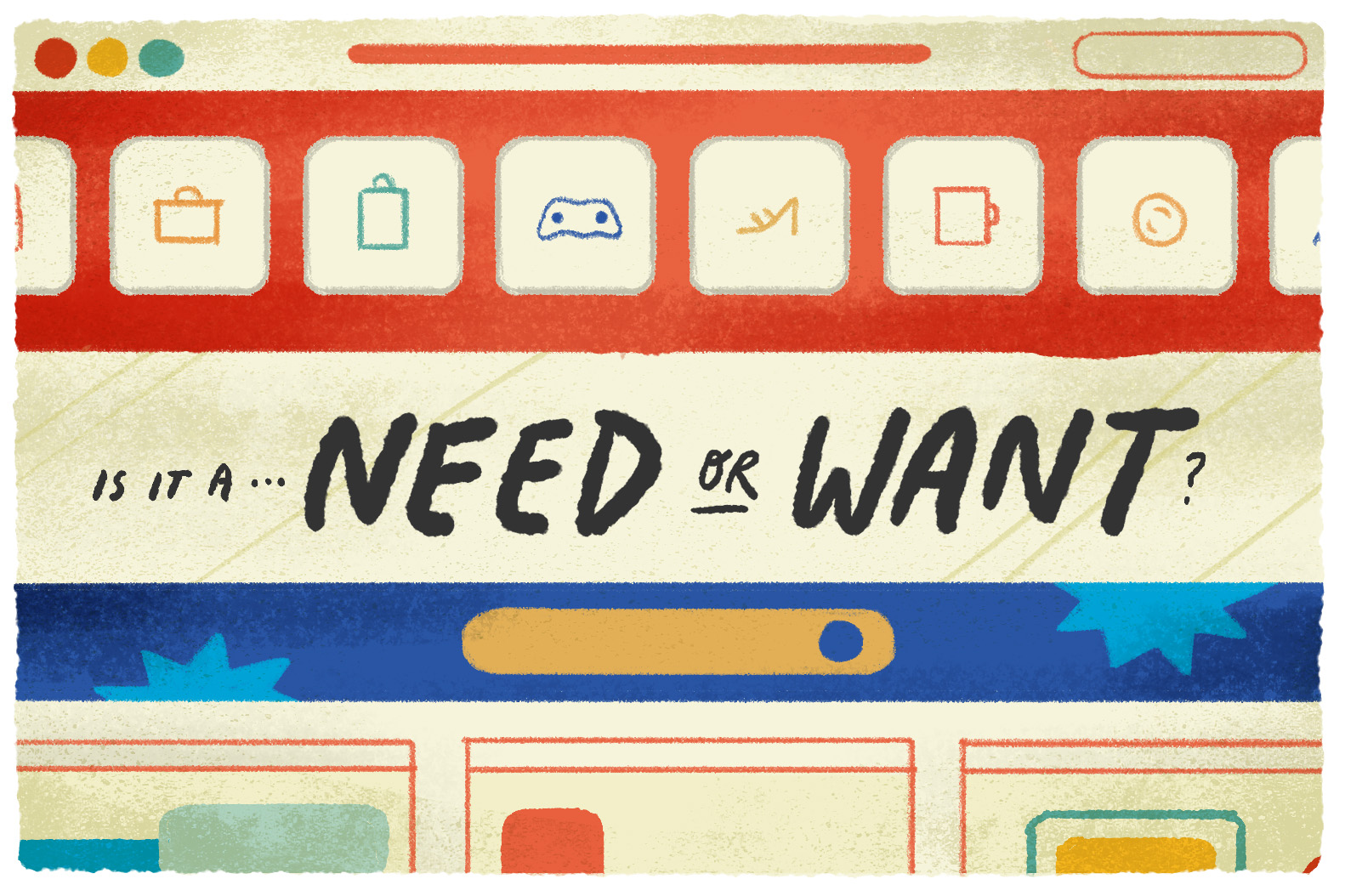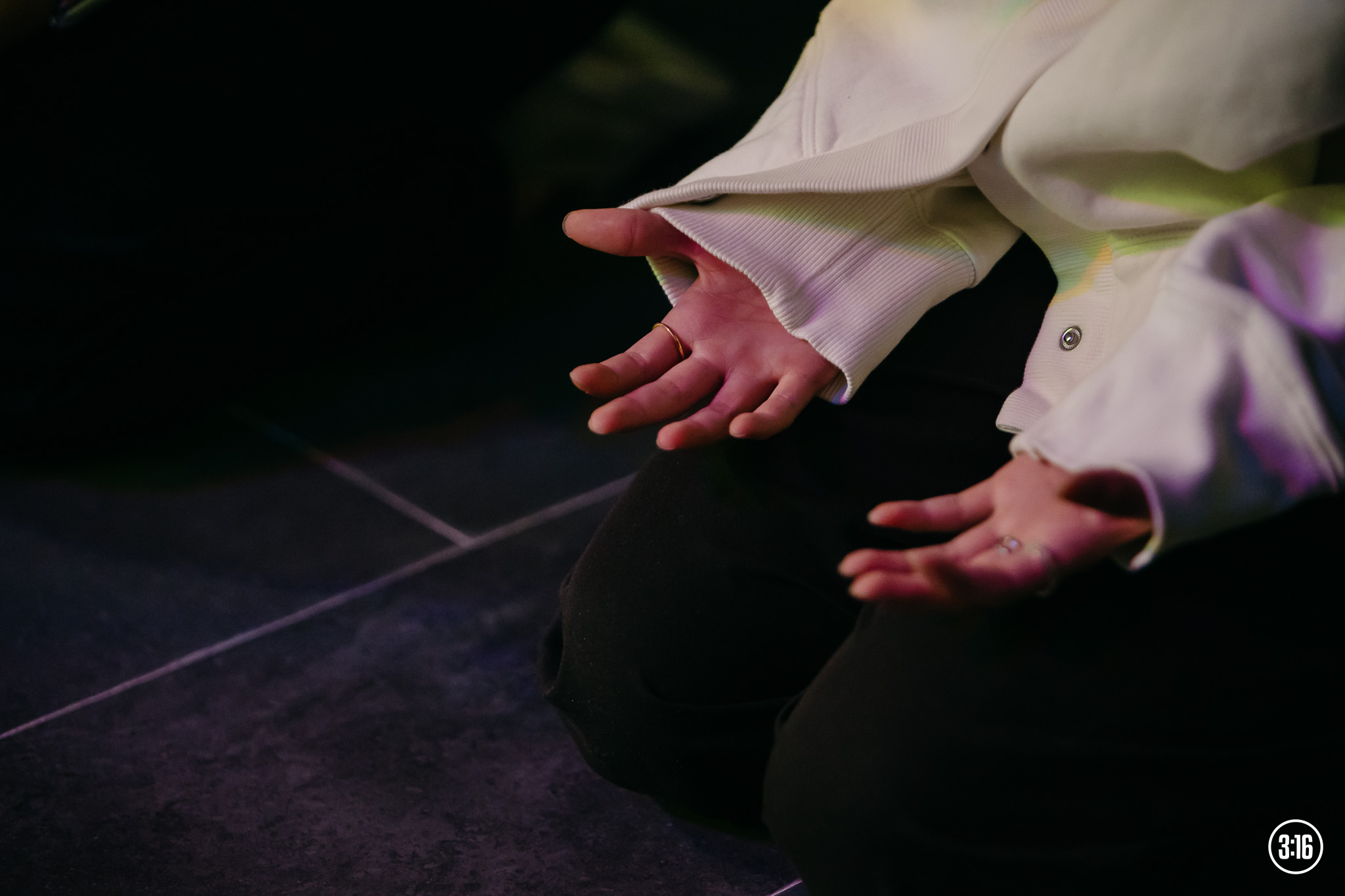I’m not a fan of online shopping, mainly because I want to be sure of my purchases.
I’ve only become more open to it because certain goods are much cheaper online than in stores. But the reason for each one of my online purchases was the ridiculous savings.
I believe many of us can relate to that. The slightest discount is often enough for us to put aside thinking whether the item is something we need or want. We often end up buying the item anyway because it’s a deal that’s simply too good to ignore.
The thrill that comes with anticipating the delivery of something new also entices us to buy stuff. Eager for a reward, we give in so easily to making purchases only to regret them quicker than expected.
We have all been guilty of making a bad purchase at some point of time. And at what cost?
The money we have is a blessing from God, and we ought to honour Him by spending it well.
There may be negative impacts on our character, for we lack in self-control whenever we listen to the voice in our head that tells us to satisfy our immediate desires.
This causes us to become impatient when things don’t happen our way and instantly. In the end, we fail to bear the fruits of the spirit (Galatians 5:22-23) which include patience and self-control, and may become ungrateful people as our constant desire for more leaves us perpetually unsatisfied.
Moreover, we also fail to honour God through our finances. The money we have on hand is a blessing from God, and we ought to honour Him by spending it well.
When we don’t, and choose to spend it unwisely, we’re not glorifying our Father who has graciously given us what we have. We may even be rejecting His authority and sovereignty over our finances!
It’s easy to talk like this about unhealthy spending habits.
But looking at myself, I too have been guilty of such behaviour. I’ve bought books only for them to collect dust, and even the latest GoPro camera only to use it a handful of times.
Born into a privileged family, I’ve taken my spending power for granted. Replacing old things without batting an eye, I realise I’m often ungrateful for the things that I currently have.
I’ve even bought replacements when the original item was barely damaged.

How then do we make better decisions in life when it comes to spending money? It boils back down to the question: “Do I want or need it?”
If we take time to consider what we already have and count our blessings – disciplining ourselves not to cave in to cheap thrills – we will realise that a lot of our “needs” are actually things that we want.
Our hearts will then learn to give thanks for God’s provision, and we’ll see whatever we have as His blessings for us.
If God is truly our need, our hearts will be set on Him – not materialistic desires.
It also helps to consider if God is our want or our need. If God is merely our want, we have forgotten His grace and mercy. If God is truly our need, our hearts will be set on Him – not materialistic desires that preoccupy our living. We will be people who store up treasures in heaven (Matthew 6:19-21).
Then our money will honour Him, matching the desire of our hearts for His glory. God will work in us through the Holy Spirit to mould us into a people who will love Him with all our heart, soul, mind and strength (Matthew 22:37).
We will then make better informed purchases, considering His Kingdom and the opportunity costs to ourselves and others. We will care for ourselves and for our world in a better way.
At the end of the day, buying things is not a bad thing in and of itself, but the way we do it tells a lot about our hearts and what God means to us.
We must be careful not to buy into consumerism and materialism. Weighing our wants and needs, we will be better able to make God-pleasing decisions that reflect His wisdom and glory in our lives.
With Black Friday sales and the holiday season just around the corner, let us learn to take a step back and reconsider how the way we spend our time and money may honour God, ourselves and the world around us.









